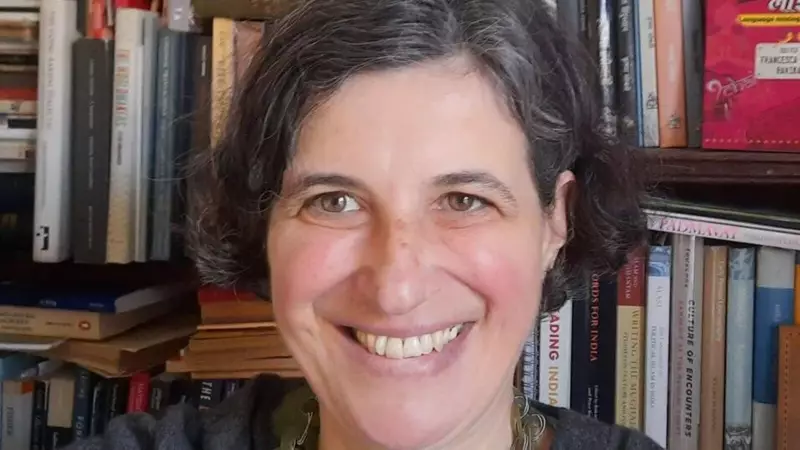
In a startling development that has sent shockwaves through academic circles, Professor Francesca Orsini, a distinguished Hindi scholar from London's School of Oriental and African Studies (SOAS), was denied entry into India and deported from Delhi's Indira Gandhi International Airport.
The incident occurred despite Professor Orsini holding a valid visa for her academic visit. Authorities placed her on the 'blacklist,' effectively barring her from entering the country, though the specific reasons behind this decision remain undisclosed.
Who is Professor Francesca Orsini?
Professor Orsini is no ordinary academic visitor. As a leading authority in Hindi literature and South Asian studies, she has dedicated decades to researching and promoting Indian languages and cultural heritage. Her scholarly work has significantly contributed to global understanding of Hindi literary traditions.
The Academic Community Reacts
The deportation has sparked concern among scholars and intellectuals worldwide. Many are questioning the implications for academic freedom and international scholarly exchange, particularly for researchers who have spent their careers studying Indian culture and languages.
Key questions being raised include:
- What prompted the sudden blacklisting of a respected academic figure?
- How will this affect future academic collaborations between India and international scholars?
- What message does this send to the global academic community engaged in Indian studies?
The incident comes at a time when academic exchanges face increasing scrutiny worldwide. For a scholar of Professor Orsini's stature to be turned away despite her extensive contributions to Hindi literature has left many in the academic world both surprised and concerned.
As investigations continue, the academic community awaits clarity on the circumstances surrounding this unexpected deportation and its potential impact on future scholarly engagements with India.





